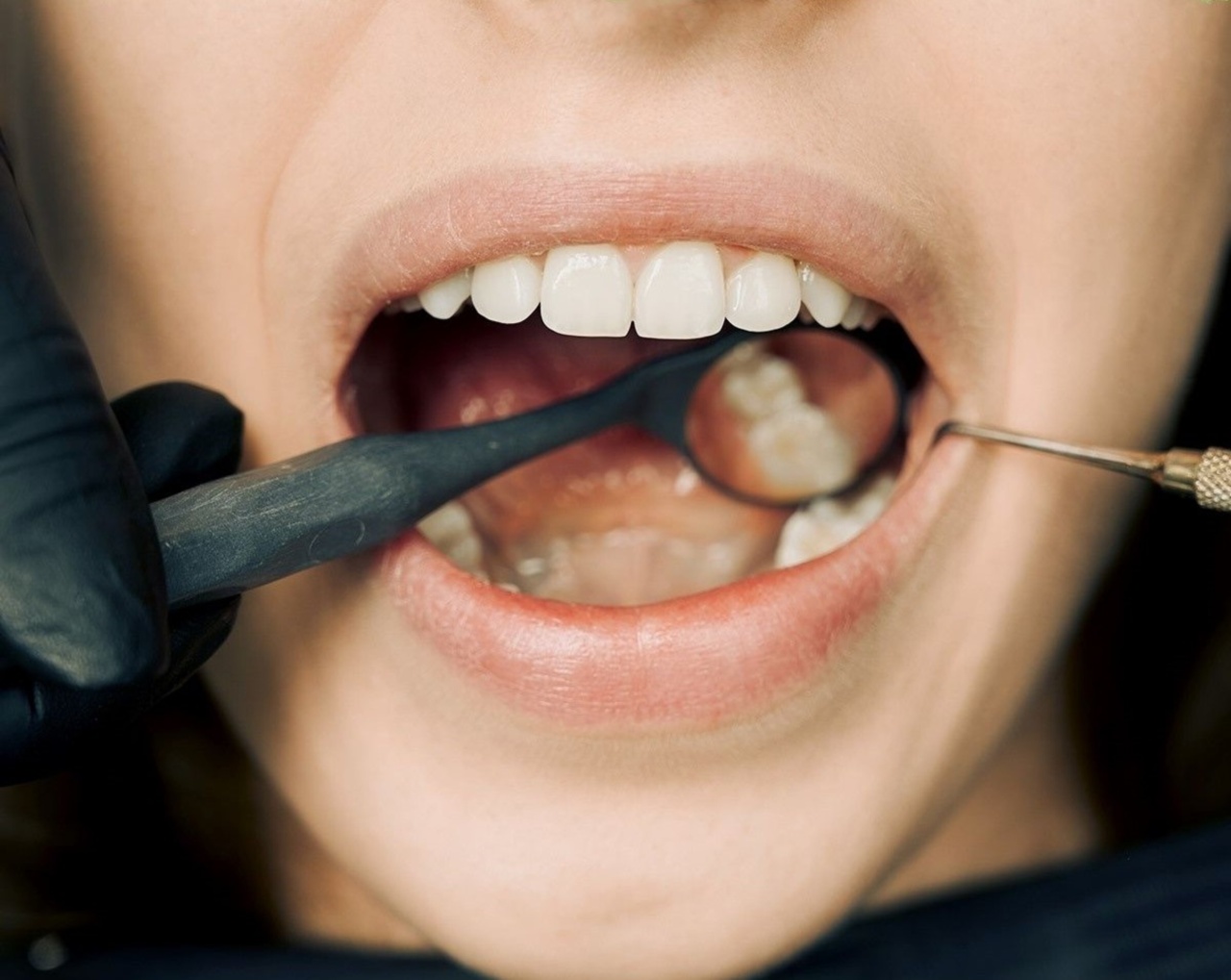Oral malodor, commonly known as bad breath, is a condition that affects a significant portion of the population. It is an unpleasant odor that emanates from the mouth and can be embarrassing, particularly in social situations.
There are several factors that contribute to oral malodor, and in this article, we will explore the major culprits.
Poor Oral Hygiene
Poor oral hygiene is the primary cause of oral malodor. If you do not brush and floss your teeth regularly, food particles will remain stuck between your teeth and gums.
Over time, the bacteria in your mouth will break down these food particles, releasing foul-smelling gases that cause bad breath.
To prevent oral malodor caused by poor oral hygiene, you should:
- Brush your teeth twice a day with a fluoride toothpaste.
- Floss your teeth at least once a day to remove food particles from between your teeth.
- Use a mouthwash to kill bacteria and freshen your breath.
Diet
What you eat can also contribute to oral malodor. Certain foods, such as garlic, onions, and spicy foods, contain sulfur compounds that can be released into your breath after being absorbed into your bloodstream.
In addition, sugary foods and drinks can lead to an increase in bacteria in your mouth, which can cause bad breath.
To prevent oral malodor caused by your diet:.
- Avoid foods that contain high amounts of sulfur or are spicy.
- Drink plenty of water to help rinse away food particles and bacteria.
- Eat a balanced diet that consists of fruits, vegetables, and whole grains.
Tobacco Use
Tobacco use is a significant cause of oral malodor. When you smoke or chew tobacco, it leaves a foul smell in your mouth that can linger for hours. Tobacco use can also cause gum disease, which can lead to further oral malodor.
To prevent oral malodor caused by tobacco use:.
- Quit smoking or using tobacco products.
- Use a nicotine patch or gum to help you quit smoking.
- Visit your dentist regularly to check for signs of gum disease.
Mouth Breathing
Mouth breathing is another cause of oral malodor. When you breathe through your mouth, it causes your mouth to become dry, which can lead to an increase in bacteria in your mouth. Dry mouth can also be caused by certain medications or medical conditions.
To prevent oral malodor caused by mouth breathing:.
- Breathe through your nose as much as possible.
- Drink plenty of water to keep your mouth hydrated.
- Use a humidifier in your bedroom to keep the air moist.
Medical Conditions
Several medical conditions can cause or contribute to oral malodor. These include:.
- Chronic sinusitis
- Liver and kidney disease
- Diabetes
- Respiratory infections
- Dry mouth
If you have any of these medical conditions, you should seek medical advice to determine the best course of treatment.
Poorly Fitted Dental Appliances
If you wear dentures or other dental appliances, they can become breeding grounds for bacteria if they do not fit properly. This can lead to oral malodor.
To prevent oral malodor caused by poorly fitted dental appliances:.
- Visit your dentist regularly to ensure that your dental appliances fit properly.
- Clean your dental appliances daily.
- Consider using an antibacterial soak to kill bacteria on your dental appliances.
Alcohol Consumption
As alcohol is metabolized, it is released through your breath. This can lead to temporary oral malodor.
To prevent oral malodor caused by alcohol consumption:.
- Limit your alcohol consumption to reduce the amount of alcohol in your breath.
- Drink plenty of water to help flush alcohol out of your system.
Stress
Stress can cause your mouth to become dry, which can lead to an increase in bacteria in your mouth. Stress can also cause you to breathe through your mouth, which can further exacerbate oral malodor.
To prevent oral malodor caused by stress:.
- Practice relaxation techniques, such as deep breathing or meditation.
- Avoid stress as much as possible.
Conclusion
Oral malodor can be embarrassing and affect your self-confidence. However, by following good oral hygiene practices, eating a balanced diet, and quitting tobacco use, you can significantly reduce your risk of developing oral malodor.
If you have persistent bad breath, you should visit your dentist to determine the best course of treatment.































